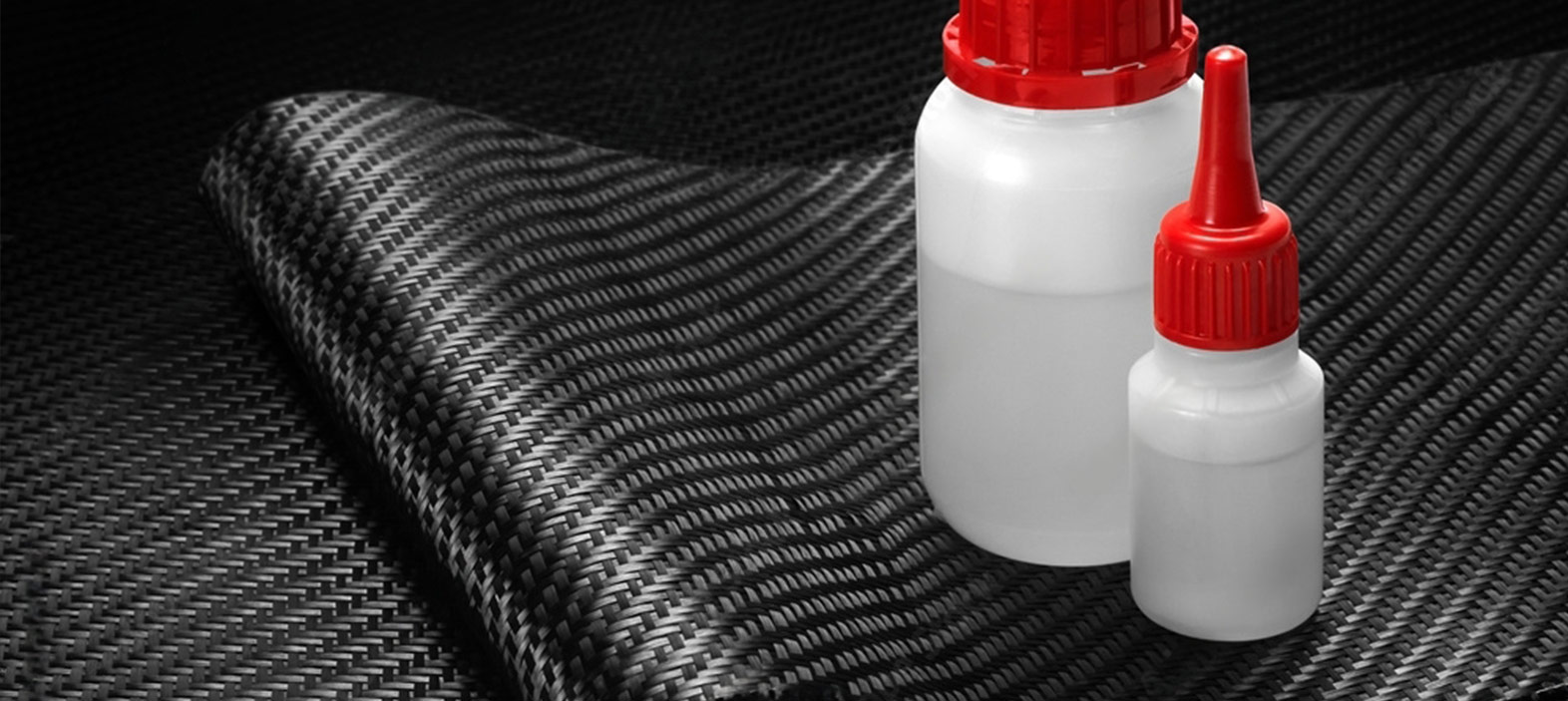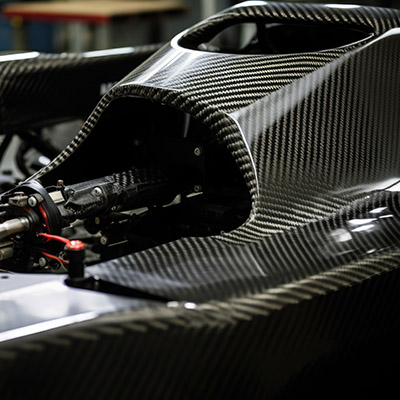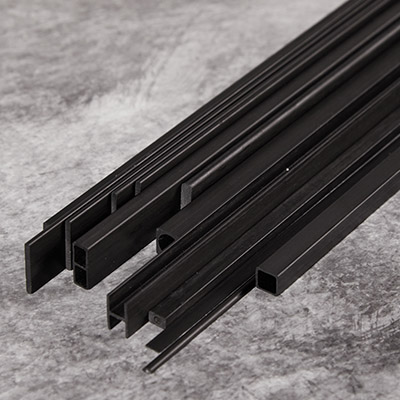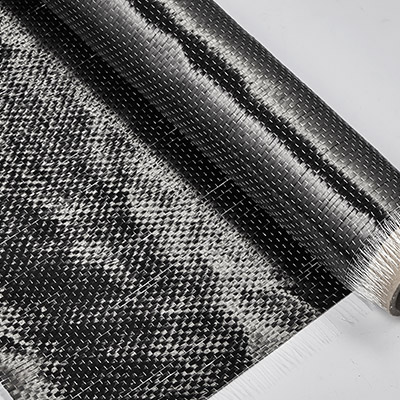
Difference between Epoxy Resin and Polyester Resin
👁 Reads: 2112
Resin is a vital component in the composites industry and is used in the production of a wide range of products, including carbon fiber composite products. Epoxy resin and polyester resin are two of the most common types of resin used in the composite industry. Despite their similarities, they differ in terms of their characteristics, properties, and applications. In this article, we will explore the difference between epoxy resin and polyester resin, covering their characteristics, different types of resin and how to choose the right resin for a specific application.
Epoxy Characteristics
Epoxy resin is a type of polymer that is made up of a combination of two components, an epoxide resin, and a hardener. When these two components are combined, they form a strong and durable polymer that is ideal for use in composite materials. Epoxy resin is known for its exceptional strength, durability, and resistance to chemicals and environmental factors. It is also a good electrical insulator and can withstand high temperatures.
One of the key characteristics of epoxy resin is its ability to bond with a variety of materials, including wood, metal, glass, and ceramics. This makes it a popular choice for use in composite materials, as it provides a strong and durable bond that can withstand a range of environmental factors. Epoxy resin is also resistant to moisture and water, making it ideal for use in outdoor applications where exposure to the elements is a concern.
Another advantage of epoxy resin is its ability to cure at room temperature, which makes it a cost-effective alternative to other types of resin. This also makes it a popular choice for use in DIY projects, as it does not require specialized equipment or conditions to cure.
Polyester Resin Characteristics
Polyester resin is a type of plastic that is made from a combination of polyester and a hardener. Unlike epoxy resin, polyester resin does not have a high resistance to chemicals and environmental factors. It is also less durable and less resistant to moisture and water. However, polyester resin is a more flexible and lightweight material than epoxy resin, making it a popular choice for use in applications where weight is a concern.
Polyester resin is also known for its ability to cure at a faster rate than epoxy resin. This makes it ideal for use in high-volume production applications where a fast cure time is necessary.
Different Types of Resin
In addition to epoxy resin and polyester resin, there are several other types of resin used in the composite industry, including
- vinyl ester resin,
- polyurethane resin, and
- silicone resin.
Each type of resin has its own unique properties and characteristics, making it suitable for specific applications.
Choosing the Right Resin
When choosing between epoxy composites and polyester composites, it is important to consider the specific requirements of the application, including the desired strength, durability, and resistance to environmental factors. The weight of the final product and the curing time of the resin should also be considered.
If the application will be exposed to chemicals or environmental factors, epoxy resin may be the best choice, as it has a high resistance to these factors. If a fast curing time is necessary, polyester resin may be a better option, as it cures faster than epoxy resin.
For applications where strength and durability are a concern, epoxy resin may be the better choice, as it is known for its exceptional strength and durability. If weight is a concern, polyester resin may be a better option, as it is a more flexible and lightweight material than epoxy resin.
Epoxy resin and polyester resin are two of the most commonly used resins in the composite industry. Each type of resin has its own unique properties and characteristics, making it suitable for specific applications. Epoxy resin is known for its exceptional strength, durability, and resistance to chemicals and environmental factors. It is also a good electrical insulator and can withstand high temperatures. On the other hand, polyester resin is a more flexible and lightweight material that is ideal for applications where weight is a concern. It also cures faster than epoxy resin, making it a popular choice for high-volume production applications.
Summing Up
In summary, the choice between epoxy resin and polyester resin will depend on the specific requirements of the application. By carefully considering the various properties and characteristics of each type of resin, it is possible to select the right resin for a specific application and ensure the success of the project.
"Epoxy composites" and "polyester composites" are terms that refer to composites made with epoxy resin and polyester resin respectively. Both types of composites are used in a wide range of applications, including the manufacture of carbon fiber composite products. However, each type of composite has its own unique properties and characteristics that make it suitable for specific applications.
Both epoxy and polyester resins have their own unique properties and characteristics, and the choice between them will depend on the specific requirements of the application. By carefully considering the various properties and characteristics of each type of resin, it is possible to select the right resin for a specific application and ensure the success of the project.





